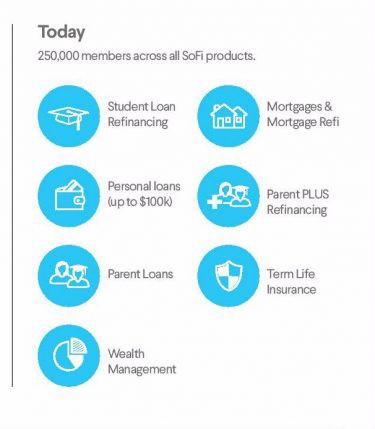Before online lending, long before Credit Karma, and way before machine learning powered by cloud-based applications, if a person or business needed to clean up their credit in order to apply for and be approved for a loan, perhaps even getting a loan on better terms, they had to write letters to each credit bureau where bad actions were recorded and ask to have those actions removed. That may have also entailed working out a payment plan with creditors who reported those actions in order to get in their good graces. Levi King understands that process well.
He also understands the challenges of being a small business owner. Having owned a hotel, a management company, a retail financial services company, and several franchises–all before co-founding Lendio and Nav–he’s seen countless small business owners with low credit problems.
“I’ve applied for financing about 30 different times,” he said, “and learned the hard way how it all works.”
Read more